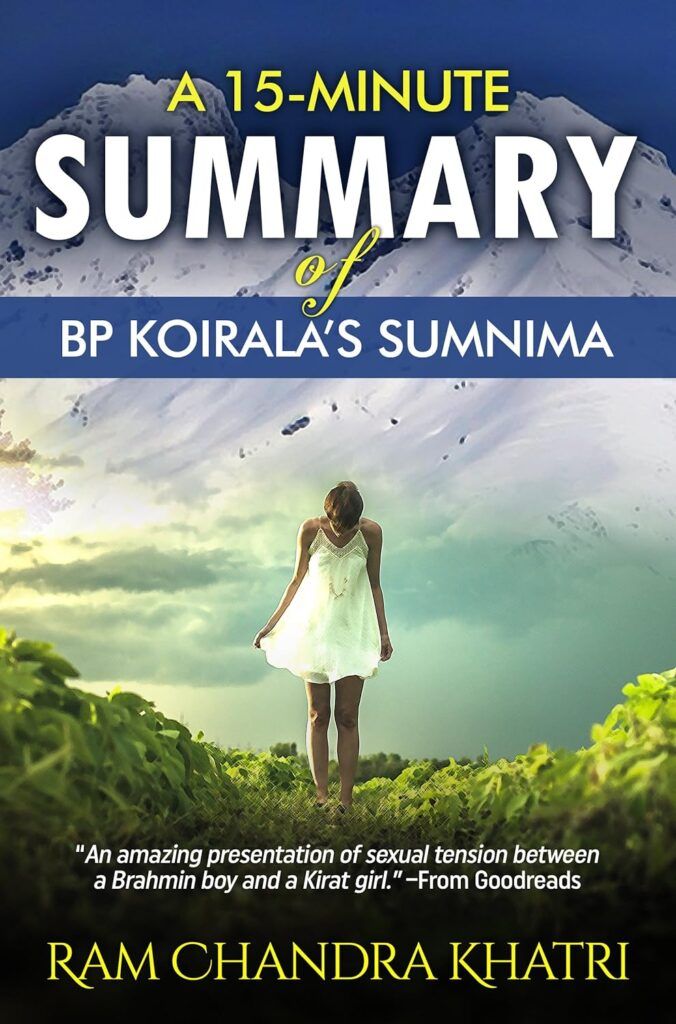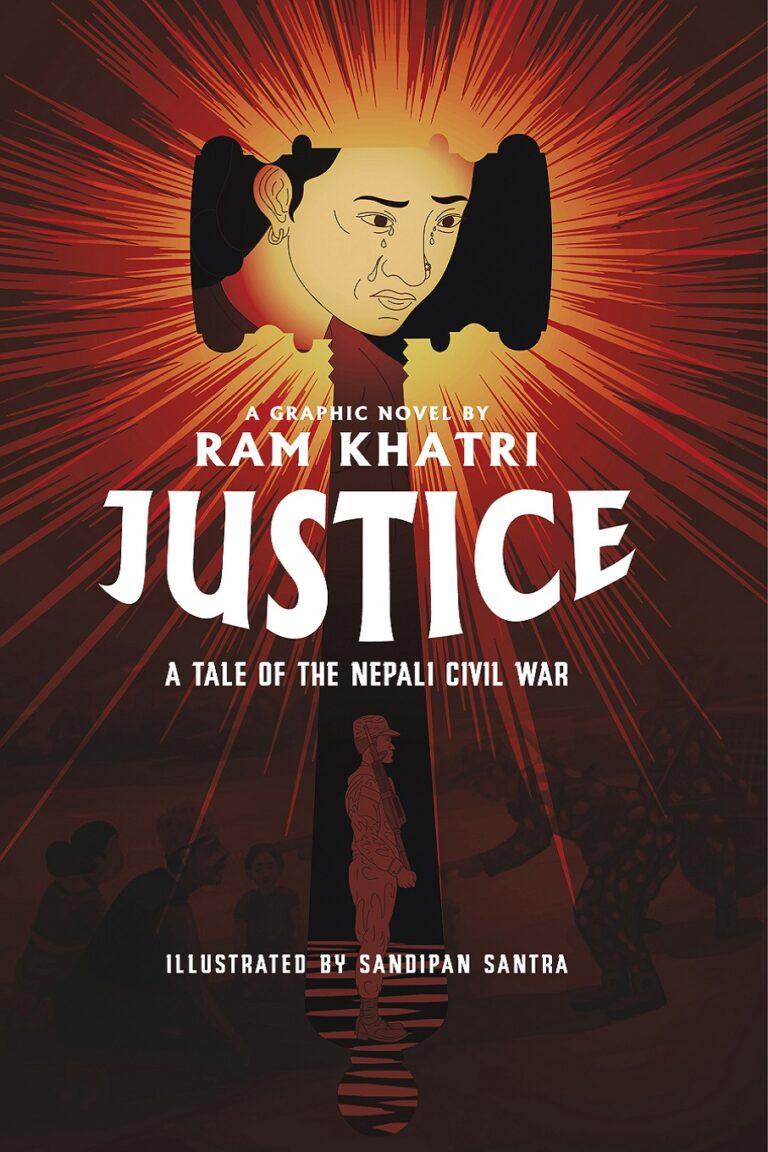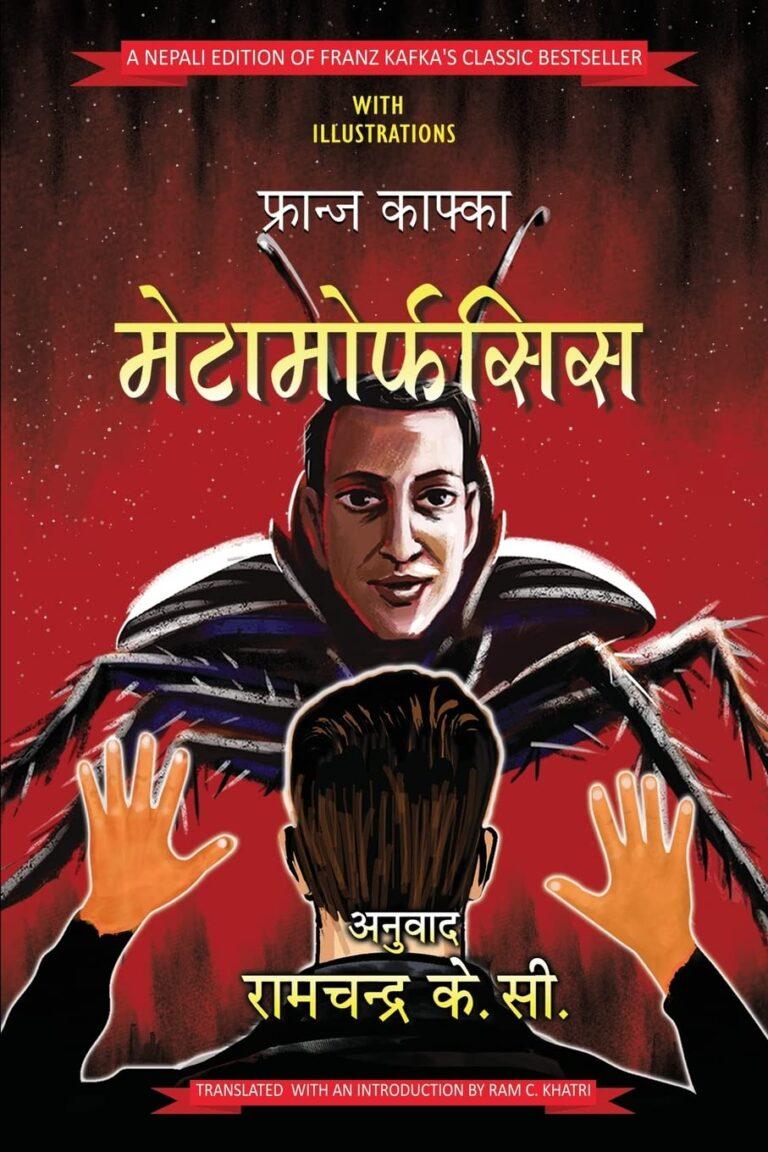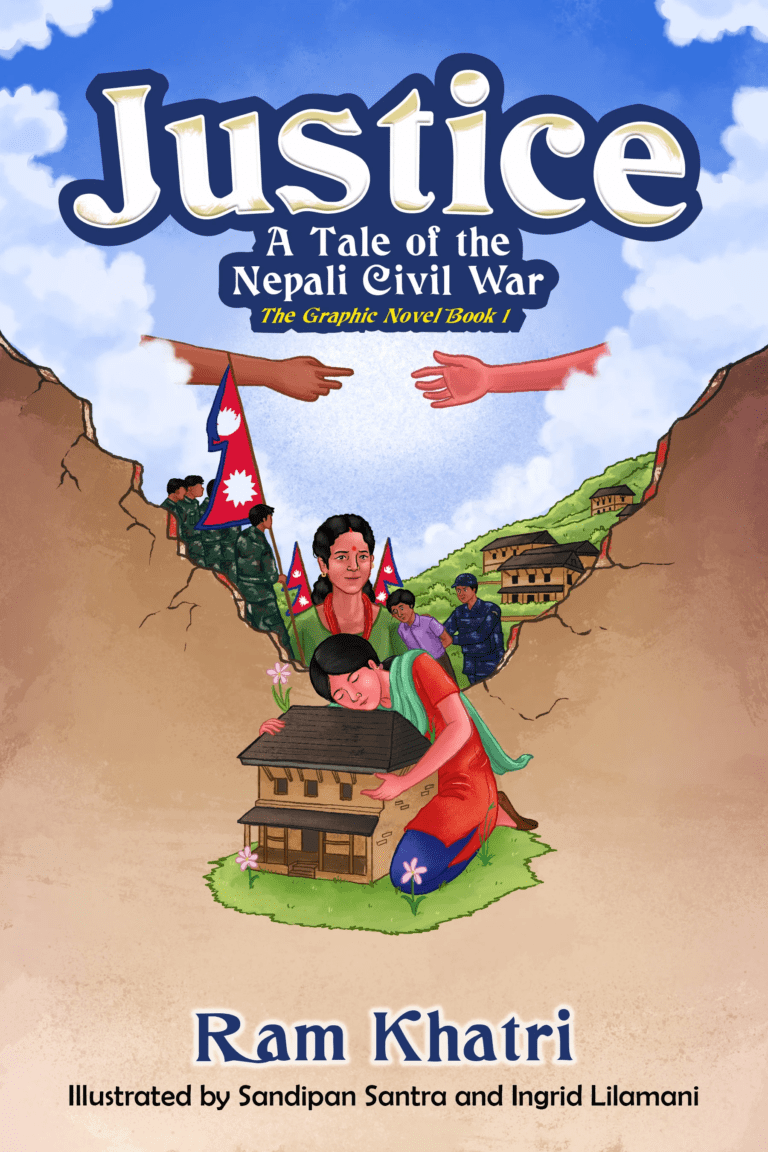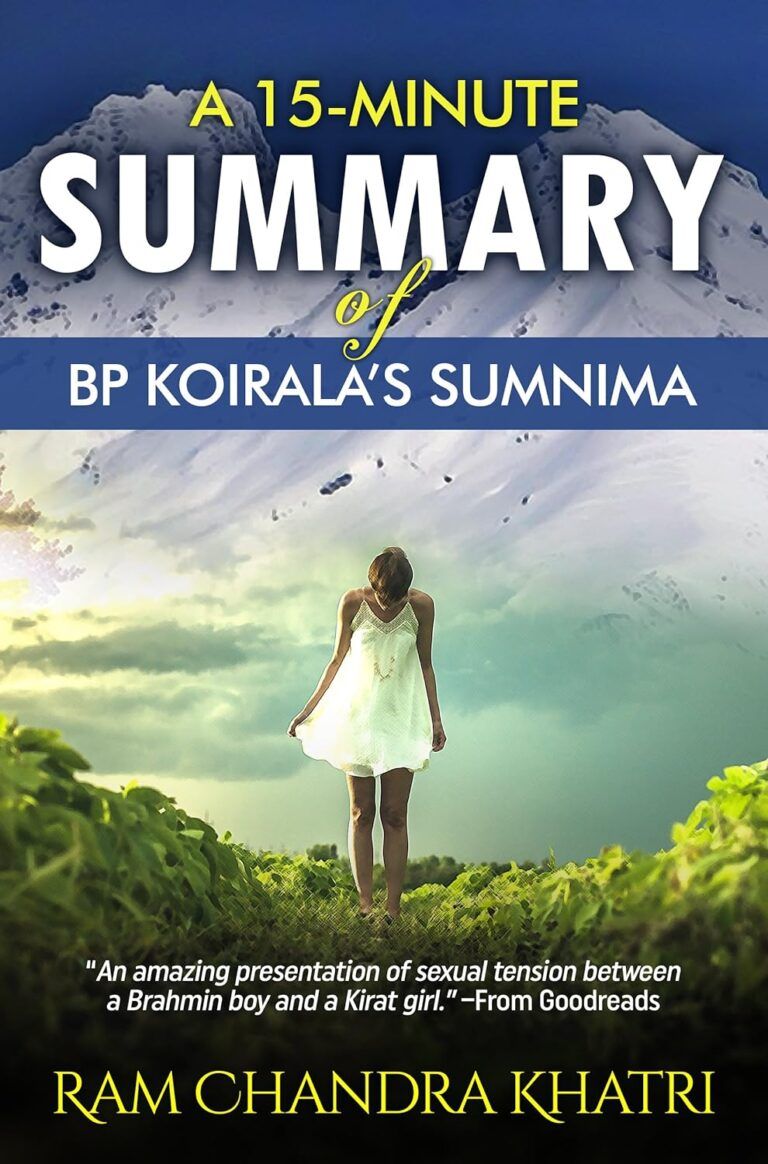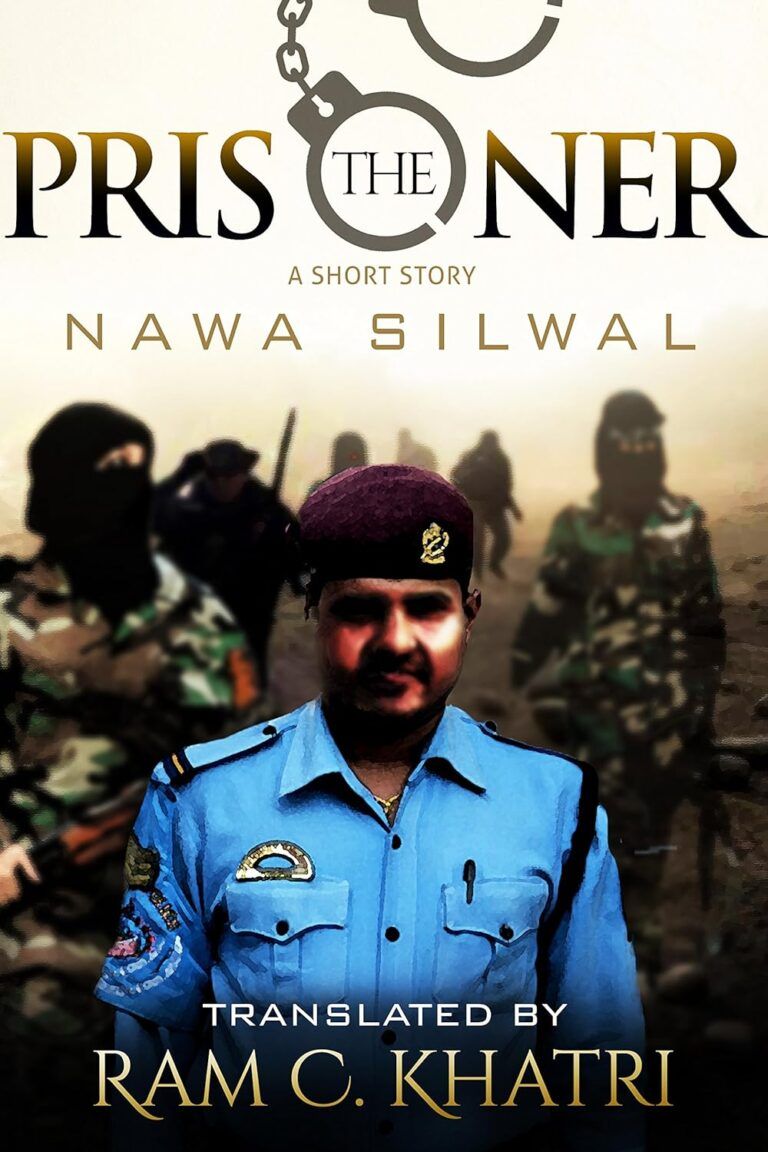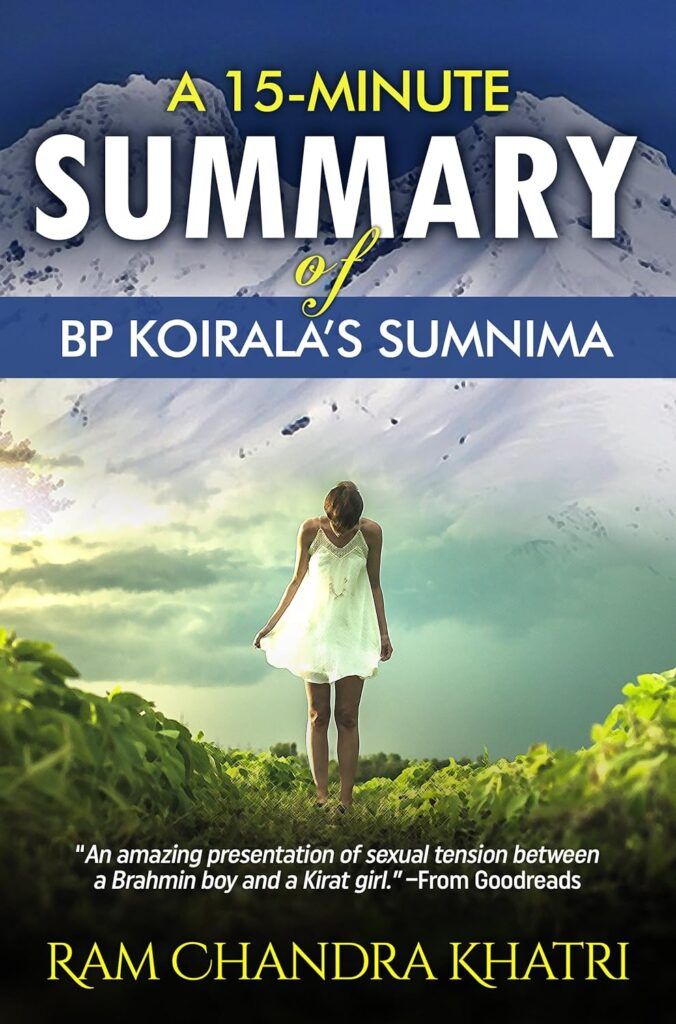Summary of Sumnima
A 15-MINUTE SUMMARY OF BP KOIRALA'S SUMNIMA
By Ram Khatri | Author of original work: BP Koirala
Format:
Digital Publication
Available on:
Sumnima is a love story between a Brahmin boy, Somdutta and a Kirati girl, Sumnima. Somdutta is devoted to Brahmin rituals worshiping the gods. He practices celibacy and is greatly disciplined.
Sumnima is very down to earth and knows how to live naturally. She and Somdutta spend a long time on the Koshi riverside and develop a deep affinity for each other. After their separation, Somdutta knows that Sumnima has been deeply rooted in his heart.
• A mother, according to Somdutta, is simply a field and the master of that field is the father.
• For Sumnima, it is the mother who decides who the father of a son or a daughter will be.
• As a human being, Sumnima said, it was inappropriate to speak the gods’ language and to behave as gods.
• Growing furious, Somdutta told her that human life was an opportunity to raise one’s self to divinity.
Somdutta’s unexpressed love for Sumnima haunts Somdutta till the end of his life. He comes to think that the sacred education, which was supposed to be a ladder to salvation and austerity, kept him from true happiness and actually experiencing life.
At the end, Somdutta realizes that the false line drawn by religion separates the community into castes, classes and many other divisions. The novel depicts how the restriction of human desires and physical needs can all but ruin a person’s life.
Bisheshwar Prasad Koirala, popularly known as BP Koirala, was born on 8 September 1914 in Varanasi, India. He was the second son of Krishna Prasad Koirala, a leading businessman in Biratnagar, Nepal.
When Rana Prime Minister Chandra Shumsher confiscated their family property, the Koirala family was forced to live in exile in India. The famous Indian novelist Prechanda became BP Koirala’s mentor.
Mr. Koirala wrote experimental and unconventional stories and novels. Most of his work explores the repressed sexual drives and love stories of his characters.
His most famous works include Doshi Chasma (Faulty Eyeglasses), Sumnima (Sumnima), Tin Ghumti (Three Turns), Narendra Dai (Brother Narendra), Babu, Ama, Ra Chhora (Father, Mother, and Sons), and Hitlar Ra Yahudi (Hitler and the Jews).
Later in life, he returned to Nepal and played a vital role in ending the Rana regime. BP Koirala became the prime minister of Nepal. He used to say, “I am one person in literature and a completely different person in politics.”
Publication date: November, 2016
Book summary: English
Original language: Nepali
Print length: 16 pages
Genre: Historical fiction
Category: hindu myth, spiritualism, religion, love story, romance, book summary
Once upon a time, Sumnima, a young daughter of the Kirat family, wandered alongside the Koshi River. Midday she saw a Brahmin boy sleeping under a big tree. She was startled to see the skinny boy with such long hair. A cow grazing nearby suddenly made a sound, Baa!
The Brahman boy awakened to see a beautiful young girl watching him without blinking her eyes. He gently massaged his own eyes and looked at her fully naked body. With interest, he asked who she was.
Sumnima, the golden-skinned girl, replied that she was a daughter of the Kirat. She also asked the skinny boy who he was. The boy said he was Somdutta, son of an Aryan Brahmin.
Somdutta wanted to know everything about the beautiful girl. He asked where she was from. Sumnima, pointing to a nearby forest with her finger, said that she was from a village in the jungle.
She wanted to know why Somdutta introduced his father while introducing himself. Somdutta said, according to his religion, a son received the gift of life from his father. This gift was one reason why every son should respect his father most.
Sumnima was not convinced. She knew it was the mother who decided who the father of a son or a daughter would be.
But Somdutta said that a mother was simply a field; the master of that field was the father. Somdutta added that Brahmins were the learned Aryans, and she was an ignorant Kirat girl.
Though they could not agree with each other, from that day on, they started to meet on the riverside.
Somdutta learned Sanskrit scriptures from his father while practicing yoga, meditation, and other rituals as a ladder to salvation. He practiced his rituals in the mornings and evenings with his father, and he was extremely disciplined in his austerity. During the day, it was his duty to take their cow to the riverside to graze.
On another day, when Sumnima met him at the river, the first thing she asked was why he had called his mother mata yesterday. Somdutta smiled and said that mata was a Sanskrit word, the language of the gods, for ‘mother.’ He added that Sumnima was a stupid child.
Sumnima too gave him a spontaneous reply, stating that as a human being, it was inappropriate to speak the gods’ language and to behave as gods.
Growing furious, Somdutta told her that human life was an opportunity to raise one’s self to divinity. Human beings should practice meditation to rid of all their worldly concerns and to make their lives meaningful.
Sumnima, however, thought differently. She said that being humans, they should not follow the gods’ ways. They should instead better practice human customs.
📖 Download FREE sample or consider purchasing to continue reading! 📖


